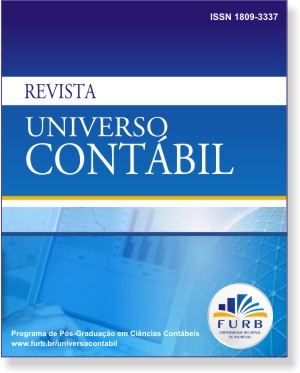WOULD THE VALUE OF A ROSE BE ABOVE THE OBJECTIVISM AND THE SUBJECTIVISM?
DOI:
https://doi.org/10.4270/ruc.20117Keywords:
Objectivism. Subjectivism. Information. Knowledge. Learning.Abstract
The proposed question is whether subjectivism can or not offer a convincing alternative of theoretical foundation for information management. Finally, the answer is negative because the subjectivists seldom pay attention to what are the fundamental lines of private organizations and pay increasingly attention to the public sector, to the practice of the economic value. Thus, there is no other way than to combine the objectivism with the subjectivism in a comprehensive approach and integrated information management. However, as illustrated in this article, the differences between both philosophical principles of thought are essential. In recent years, proponents of subjectivism and the practice based on the social theory, in one of its major applications, made a giant leap forward, transcending the gap between the object and the subject, suggesting that one should focus on social practices and the sociability centered in the object. After this suggestion, it is demonstrated in the light of the subjectivism, the base practice of the information management might include a new definition to this discipline. However, due to the negligence of the economy regarding the subjectivism, the division between objectivism and subjectivism still exists. At the end of the article it is presented the concept of figure and plan of the gestaltism as a metaphor that helps us to be beyond this unproductive division.Downloads
Download data is not yet available.
Published
2011-09-26
How to Cite
Rascão, J. P. (2011). WOULD THE VALUE OF A ROSE BE ABOVE THE OBJECTIVISM AND THE SUBJECTIVISM?. Revista Universo Contábil, 7(3), 95–111. https://doi.org/10.4270/ruc.20117
Issue
Section
International Section
License
The copyright for papers published in this journal belong to the author, with rights of first publication for the journal. As the papers appears in this publicly accessed journal, the papers are for free use, receiving their credit, in educational and non-commercial uses. The journal will allow the use of the papers published for non-commercial purposes, including the right to send the paper to publicly accessed databases.


